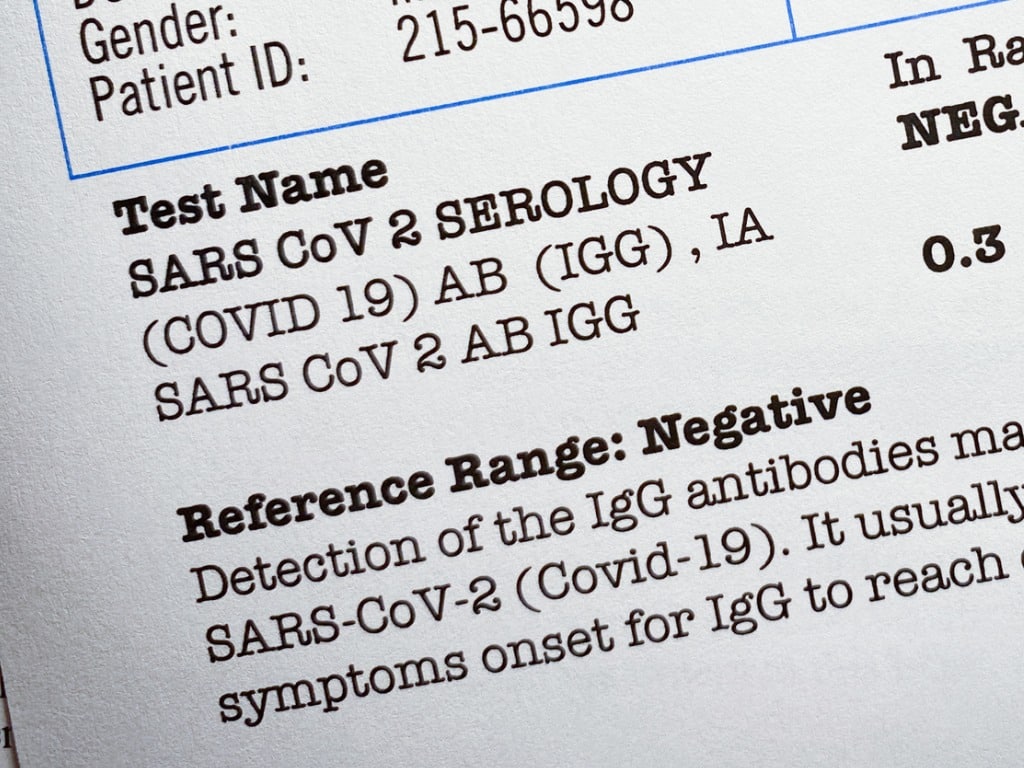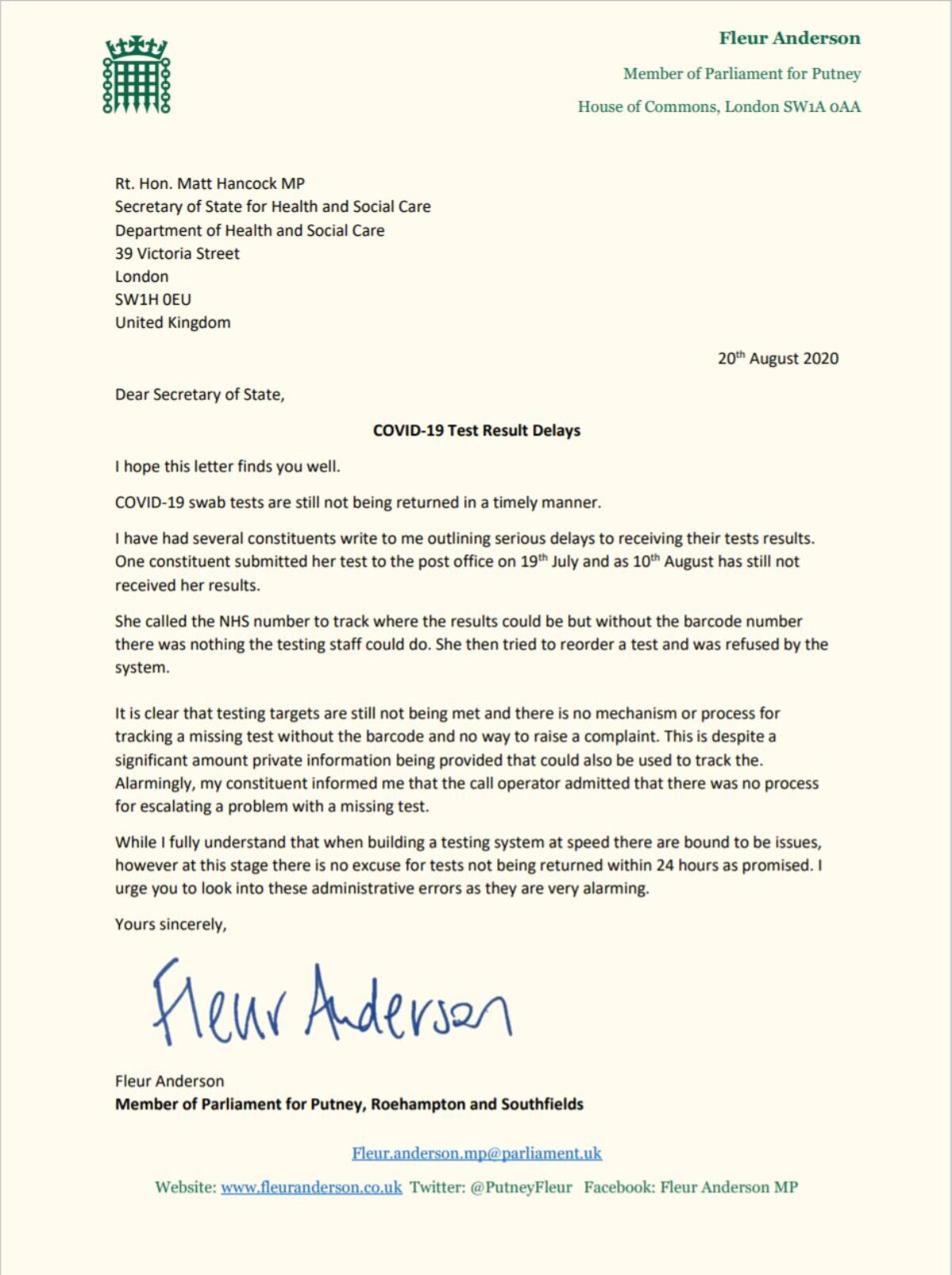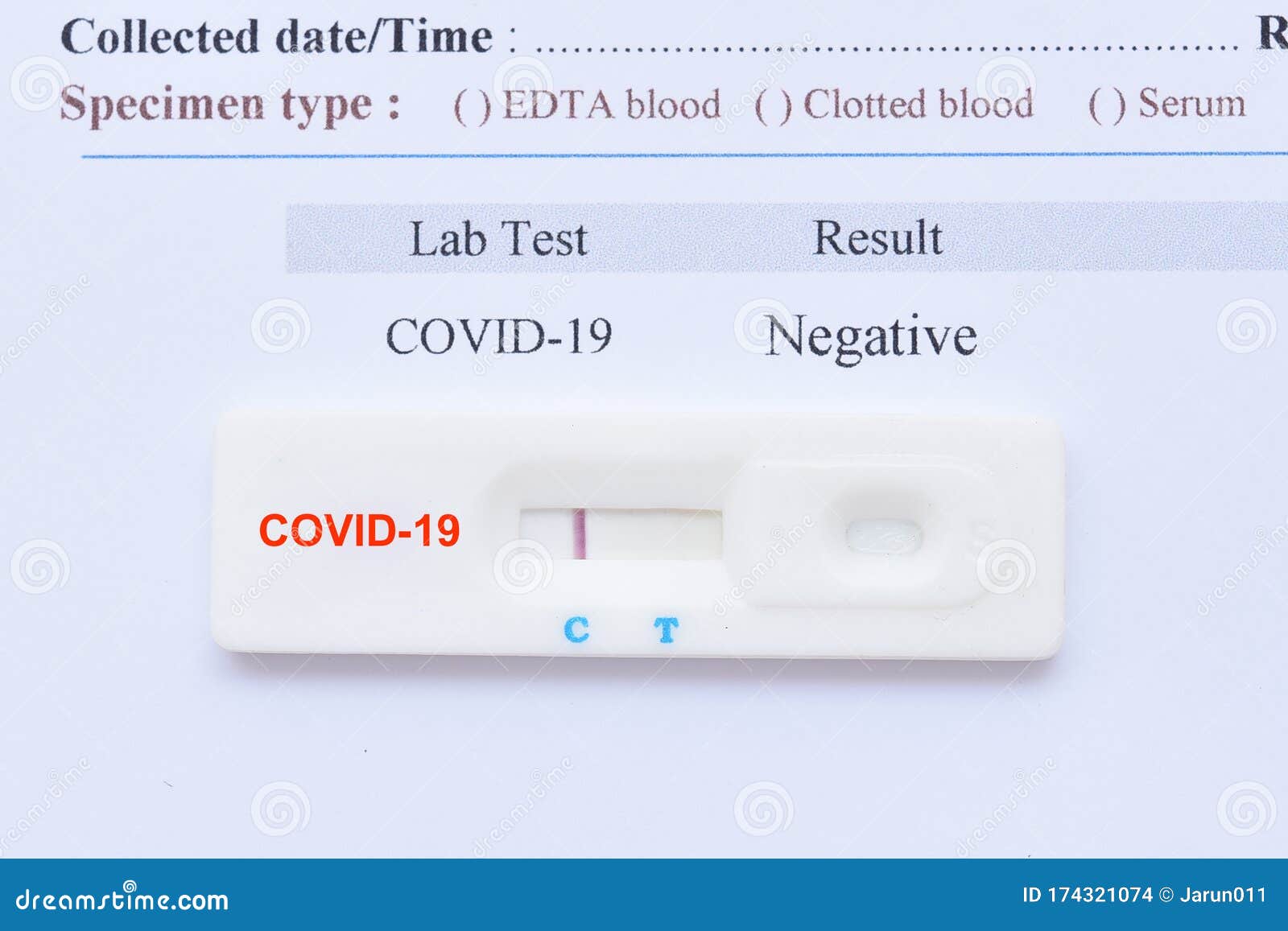
Please notify us immediately when a STAT sample is sent by contacting our Customer Service Centre. Failure to ship separately will delay testing. STAT samples must be shipped separately from routine specimens in a clearly marked package indicating ‘STAT’ and handled in accordance with the Canadian Biosafety Standards and shipped in accordance with the Transportation of Dangerous Goods Regulations.

Routine Practices and Additional Precautions Public health authorities in every province and territory have developed their own approaches for testing people based on the local context.įor information about COVID-19 testing in your area, contact your local public health authority.Antimicrobial Stewardship in Long Term CareĪntimicrobial Stewardship in Primary CareĪntimicrobial Stewardship Program (ASP) & Antimicrobial Resistance (AMR) Comparison ToolĬonstruction, Renovation, Maintenance and Design In this case, your health care provider may re-test you. Other factors may cause a physician to order another test or even diagnose COVID-19 despite a negative result, such as:Ī positive test means that you have COVID-19 and you must follow the direction of your local health authority. It’s important to understand that health care professionals consider a number of factors in making a COVID-19 diagnosis. This would be considered a ‘false negative’ test. If this is the case at the time of the test, your test may come back negative, even if you actually have the virus. If you're tested too soon after you were exposed to COVID-19, there may not be enough virus in your body for an accurate result.

However, the accuracy of a test can vary depending on when your sample is taken during the course of your illness. Negative testĪ negative test usually means you don't have COVID-19. If there’s an issue, we will act quickly and keep you informed. We are working with other regulators and manufacturers of COVID-19 test devices to assess the impact of variants.

We currently have no evidence that variants affect the ability of diagnostic tests approved by Health Canada to confirm COVID-19 cases. They can also avoid unnecessary self-isolation and anxiety if they receive a ‘false positive’ result (getting a positive result when you don’t have the virus). The accuracy and reliability of COVID-19 diagnostic tests is important to inform diagnosis and to ensure Canadians can make the right decisions about their health.Īccurate results mean that Canadians can take preventative measures to protect loved ones and others if they test positive. Get more information on our Authorized COVID-19 testing devices page. If you take a sample in a different way, your test result may be invalid. The instructions are written specifically for that particular type of kit. Always follow the instructions contained in your test kit or provided by your local health authority.


 0 kommentar(er)
0 kommentar(er)
